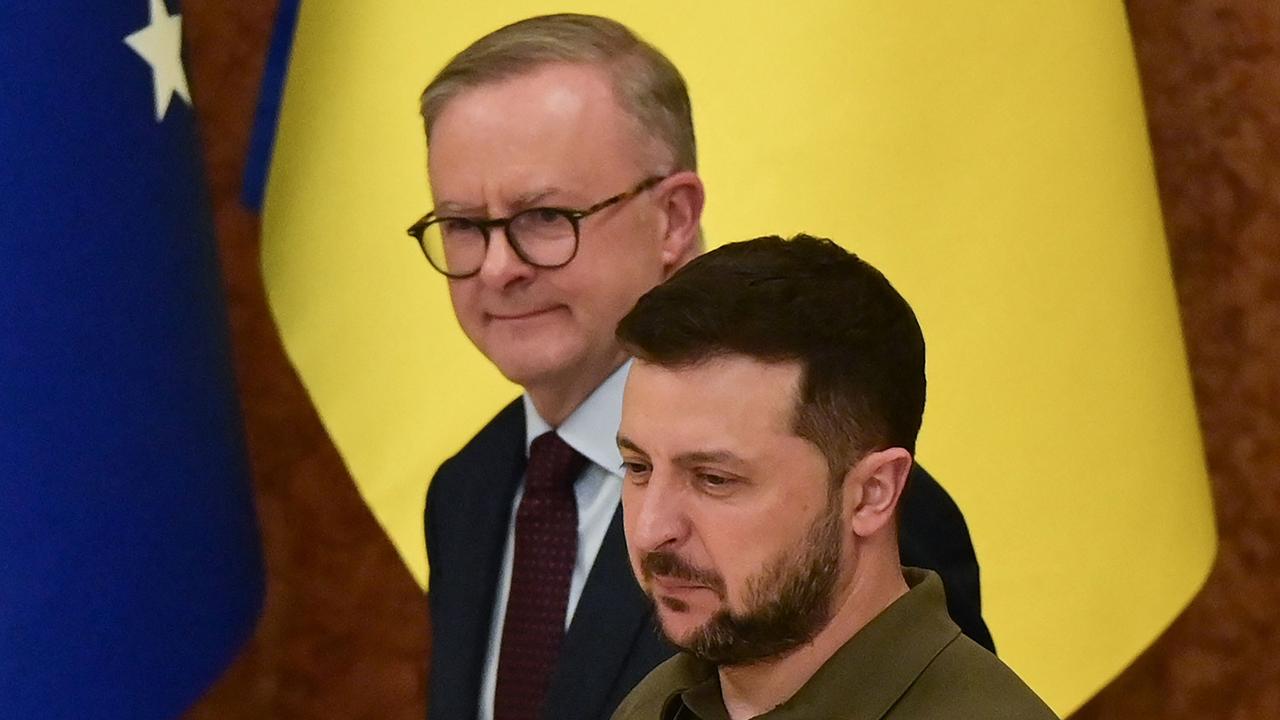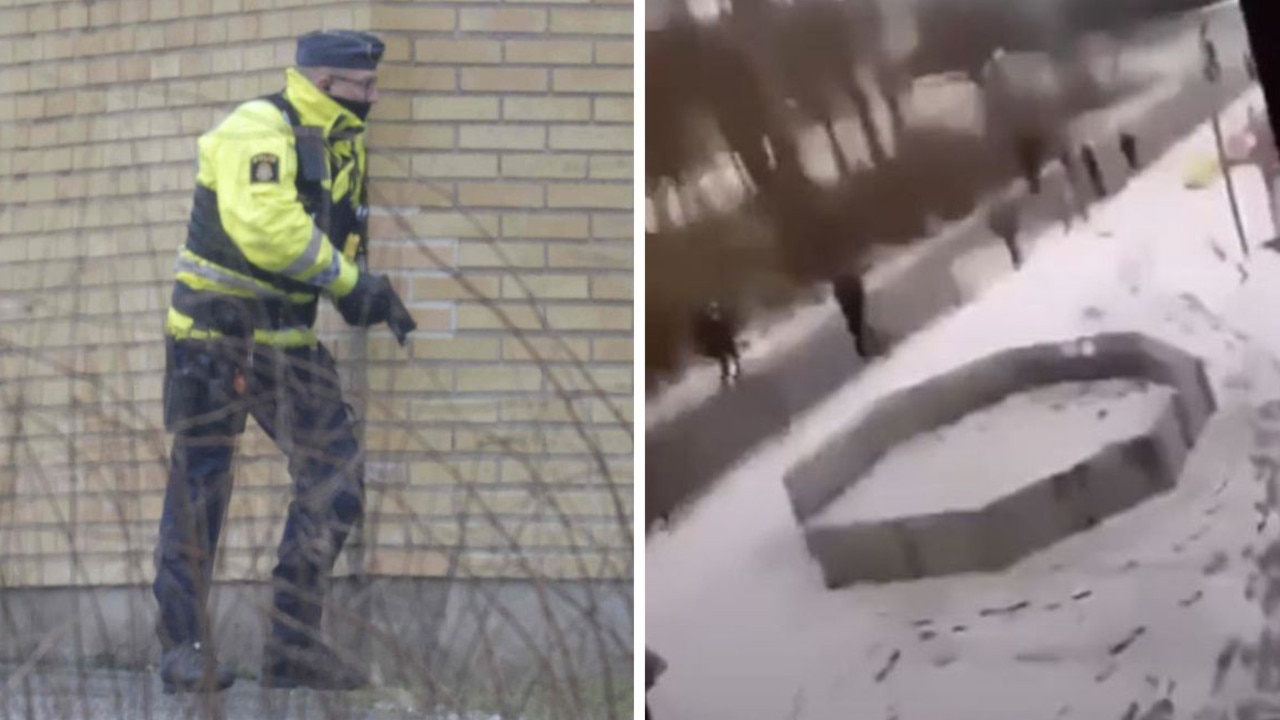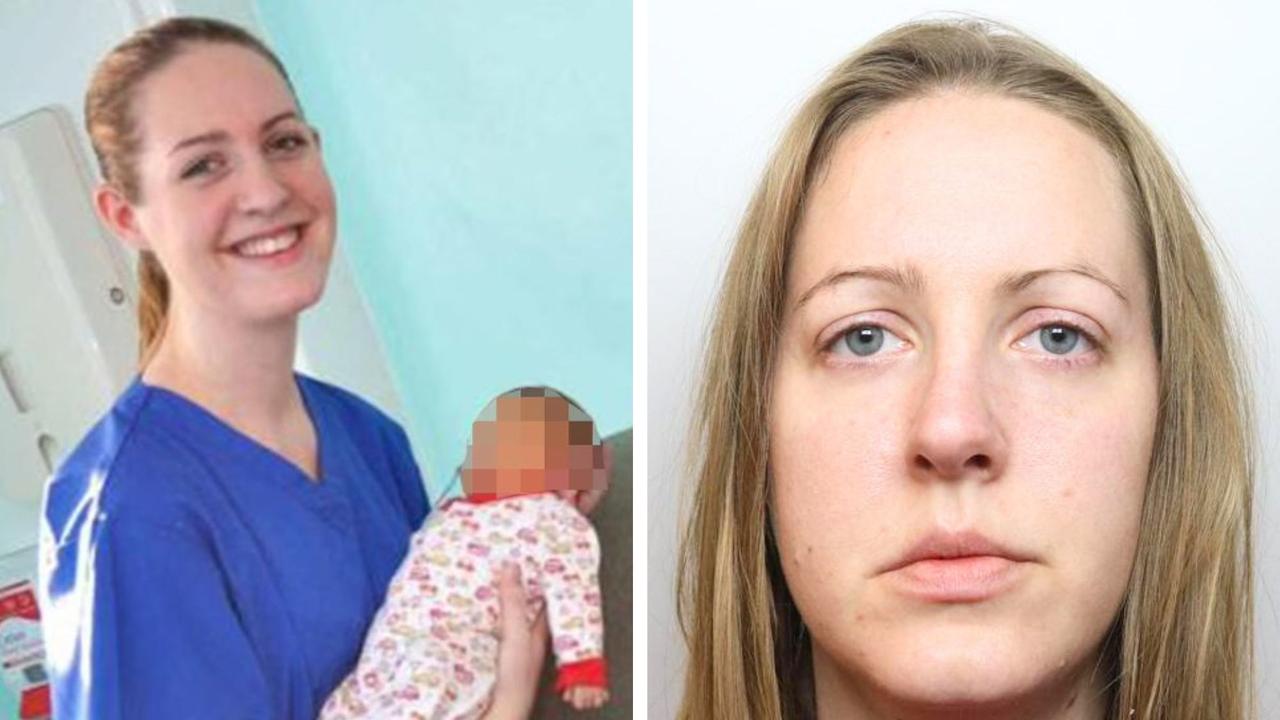Russian spy Sergei Skripal sent private note to Vladimir Putin asking to be pardoned
POISONED former Russian double agent Sergei Skripal wrote to Vladimir Putin with a private request as the investigation into the nerve agent attack continues.
POISONED former Russian double agent Sergei Skripal wrote to Vladimir Putin with a private request as the investigation into the nerve agent attack continues.
The former Russian intelligence officer, who came to Britain in 2010 as part of a spy swap, regretted being a double agent and wanted to visit his family, Vladimir Timoshkov told the BBC.
Timoshkov said his friend Skripal had called him from London in 2012 and told him he had written to Vladimir Putin asking to be fully pardoned and to be allowed to visit Russia where his mother, brother and other relatives lived.
Skripal and his daughter, Yulia, remain in a critical condition after they were poisoned with the highly lethal nerve agent Novichok in the English town of Salisbury on March 4.
The attempted assassination sparked a diplomatic crisis between Russia and Britain, which has been supported by its allies in apportioning blame to the Kremlin.
On Friday, EU leaders promised an “unprecedented” diplomatic response to the attack after backing UK Prime Minister Theresa May’s assertion that Moscow was responsible.
Meanwhile, the EU is recalling its ambassador to Russia for “consultations” on the Salisbury attack.
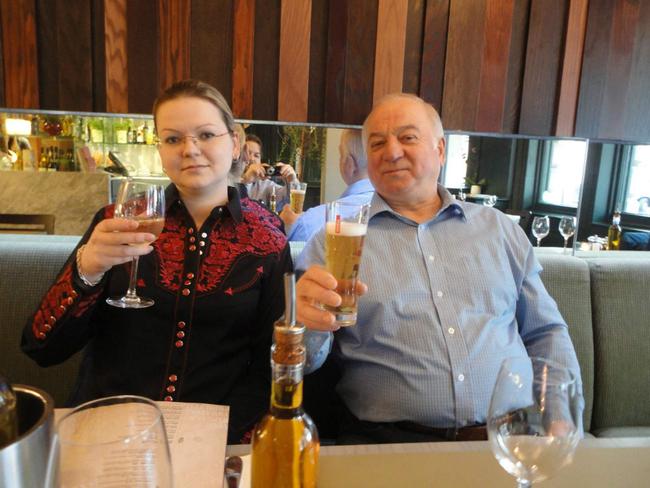
Russia has vehemently denied any responsibility for the incident, while on Vladimir Chizhov, Russia’s EU ambassador, said that “from the legal point of view the Russian state had nothing against him (Skripal)”.
The 66-year-old was accused of working for MI6 over several years, in particular disclosing the names of several dozen Russian agents working in Europe. He was sentenced to 13 years in a high-security Russian prison in August 2006, before being freed in the 2010 deal which saw 10 Russian sleeper agents expelled from the United States.
EUROPE TO PUNISH RUSSIA
European countries are set to take further steps as early as Monday to punish Russia over the poisoning of a former spy in England, officials said, as diplomatic pressure builds on Moscow over the nerve agent attack.
Russia, for its part, accused London of trying to force its European allies to take “confrontational steps” and unleashing an “anti-Russian campaign”.
EU leaders meeting in Brussels have agreed to recall the bloc’s ambassador from Moscow over the attack on Sergei Skripal and his daughter Yulia in the English city of Salisbury.
French President Emmanuel Macron said Friday the poisoning with the Soviet-made “Novichok” agent was an “attack on European sovereignty”, after EU leaders unanimously backed London’s assessment that it was “highly likely” Moscow was to blame and that there was no plausible alternative explanation.
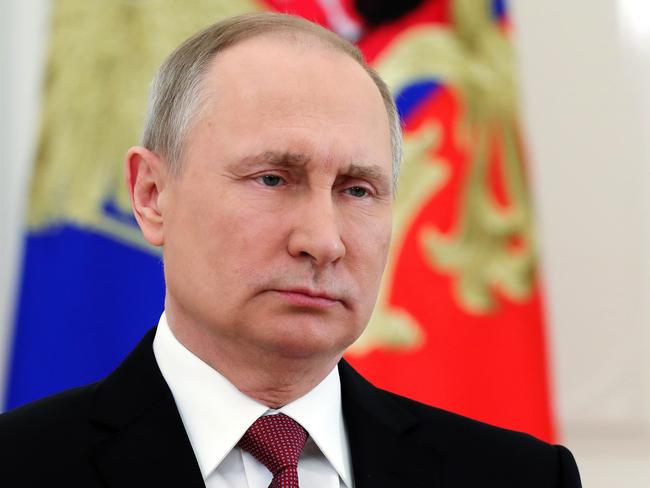
A number of member states are considering following Britain’s lead and expelling Russian intelligence agents posing as diplomats, with German Chancellor Angela Merkel saying further co-ordinated actions were “necessary” to respond to the attack.
The 23 diplomats expelled by Moscow in a tit-for-tat move “have returned to the UK safely”, British Foreign Secretary Boris Johnson said on Twitter late Friday.
The question of whether to expel Russian diplomats will be left to individual member states and EU President Donald Tusk said action was expected as early as Monday.
But divisions remain over how far to go, with Austria already ruling out expelling diplomats, and Tusk, a former Polish prime minister, said it was not clear how many states would join the expulsions.
“More than one but I don’t think that it will be the whole group,” Tusk said. Macron told a joint news conference with Merkel after the summit in Brussels that the March 4 incident — for which Russia denies responsibility — was “a serious challenge to our security and ... an attack on European sovereignty”.
“It calls for a co-ordinated, determined response from the European Union and its member states,” the French leader said.
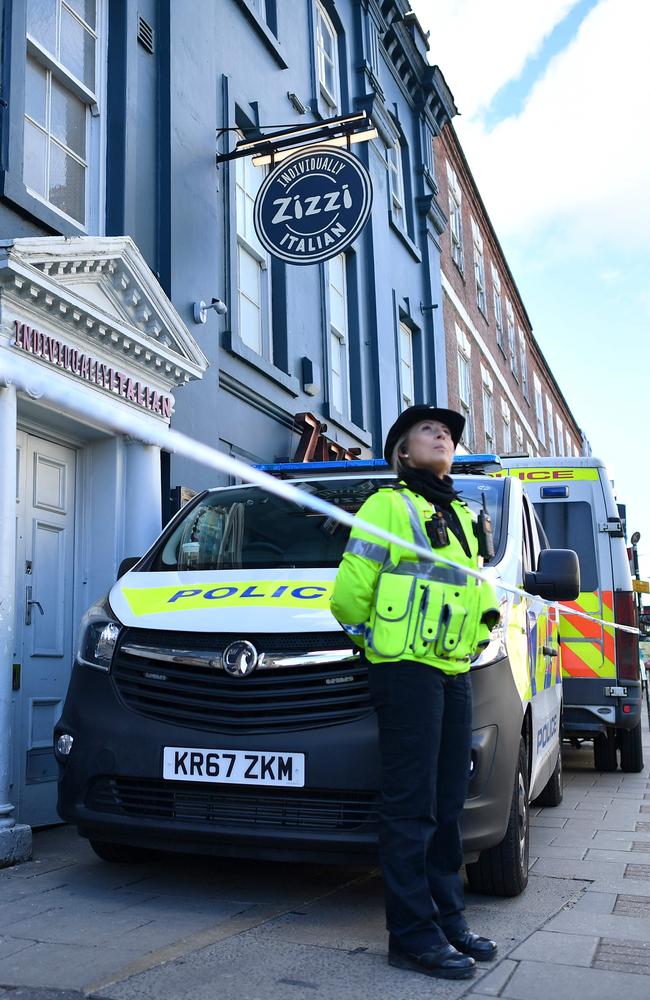
‘EXTRAORDINARY MEASURE’
British Prime Minister Theresa May briefed other EU leaders on the probe into the attack over a summit dinner on Thursday.
She managed to overcome resistance from countries like Greece and Italy who were reluctant to put their close Kremlin ties in jeopardy to persuade them to back Britain’s conclusion that Moscow was to blame.
Merkel said May had shared “certain findings” which left little doubt Moscow was behind the first offensive use of a nerve agent in Europe since World War II.
“We believe that the analyses are already very well-founded and this has not been questioned by anyone,” Merkel said.
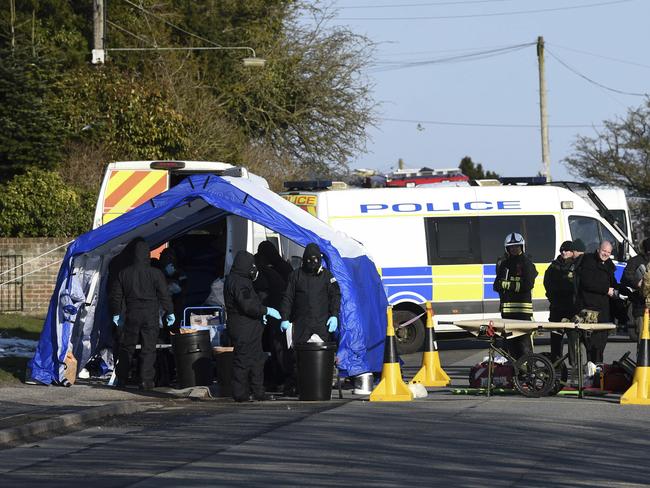
“We agreed — Germany and France at least — that such reactions are still necessary in addition to recalling the ambassador.” European Commission chief Jean-Claude Juncker said the recall of the ambassador was an “extraordinary measure” never before taken by the bloc.
The leaders of former Soviet bloc EU states the Czech Republic and Lithuania, as well as Denmark and Ireland, have said they were considering further unilateral steps, including expelling diplomats.
Latvia was the first to commit explicitly to expelling Russians, saying it expected to make an official announcement on Monday.
RUSSIA RESPONDS
Moscow denounced the moves by Britain and the EU.
“As for the decision taken, we regret in this context that again such decisions are taken using the wording ‘highly likely’,” President Putin’s spokesman Dmitry Peskov said Friday.
“We don’t agree with this and we repeat again that Russia absolutely definitely has nothing to do with the Skripal case.”
Foreign Minister Sergei Lavrov, on a visit to Hanoi, separately accused Britain of “feverishly trying to force allies to take confrontational steps”, suggesting London’s focus was now on making “the crisis with Russia as deep as possible”.
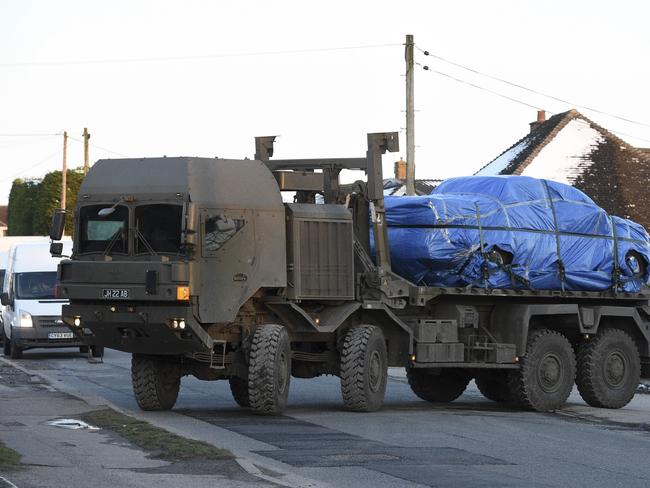
The Russian ambassador to Britain wrote Friday to a policeman exposed to the nerve agent used against the Skripals, insisting on Moscow’s innocence and thanking him for his bravery.
Alexander Yakovenko told Detective Sergeant Nick Bailey, who was released from hospital Thursday following two weeks of treatment, that he hoped the officer and the Skripals “get well soon”.
“I would like to express my sincere gratitude to you for your bravery when reacting to the assault on two Russian nationals,” he wrote.

